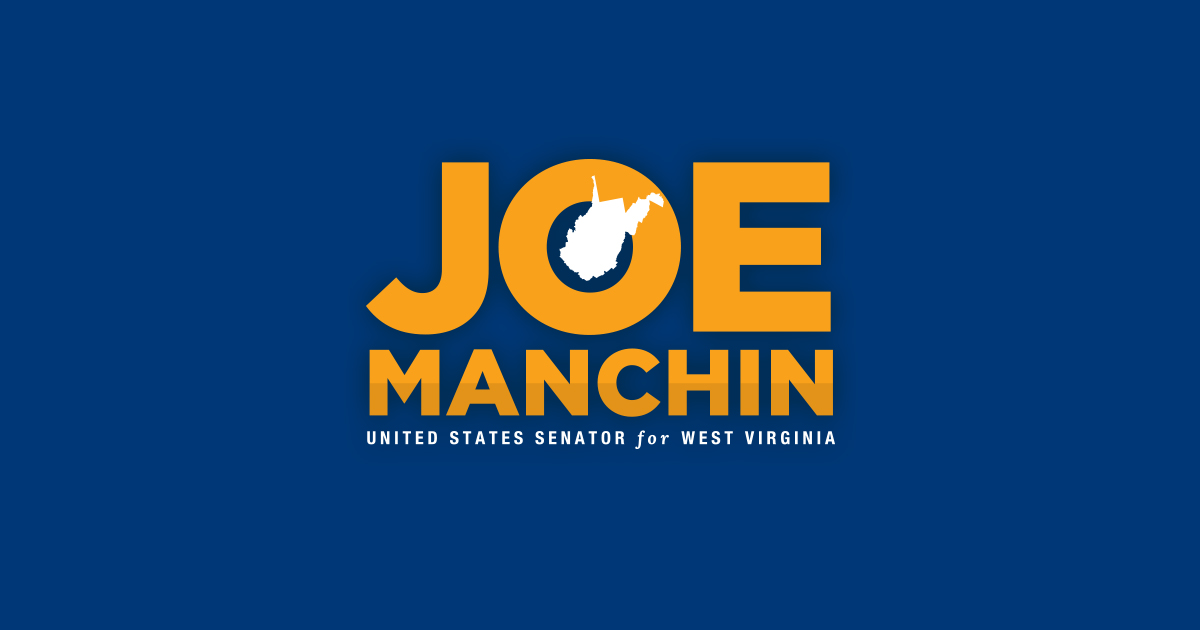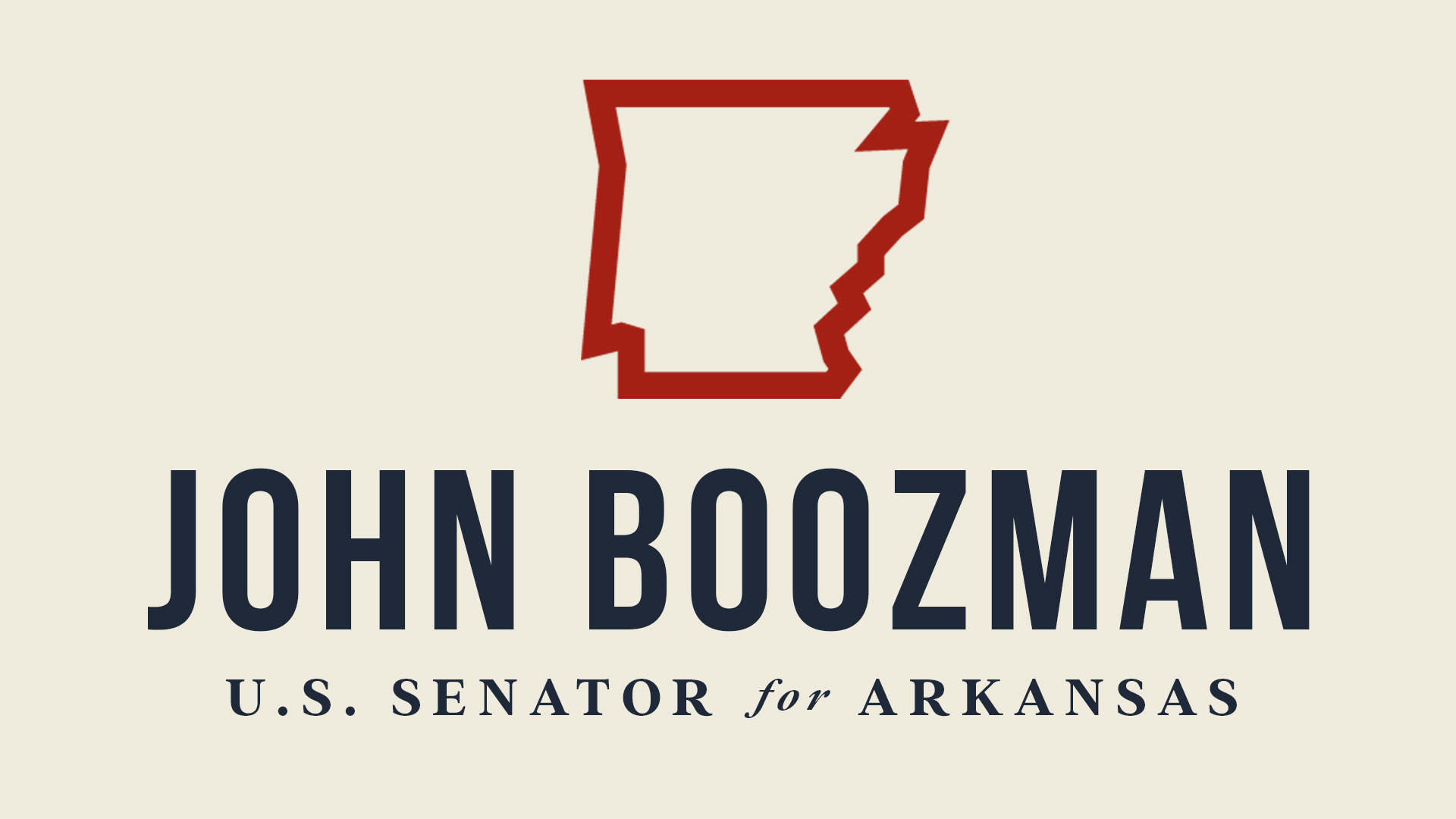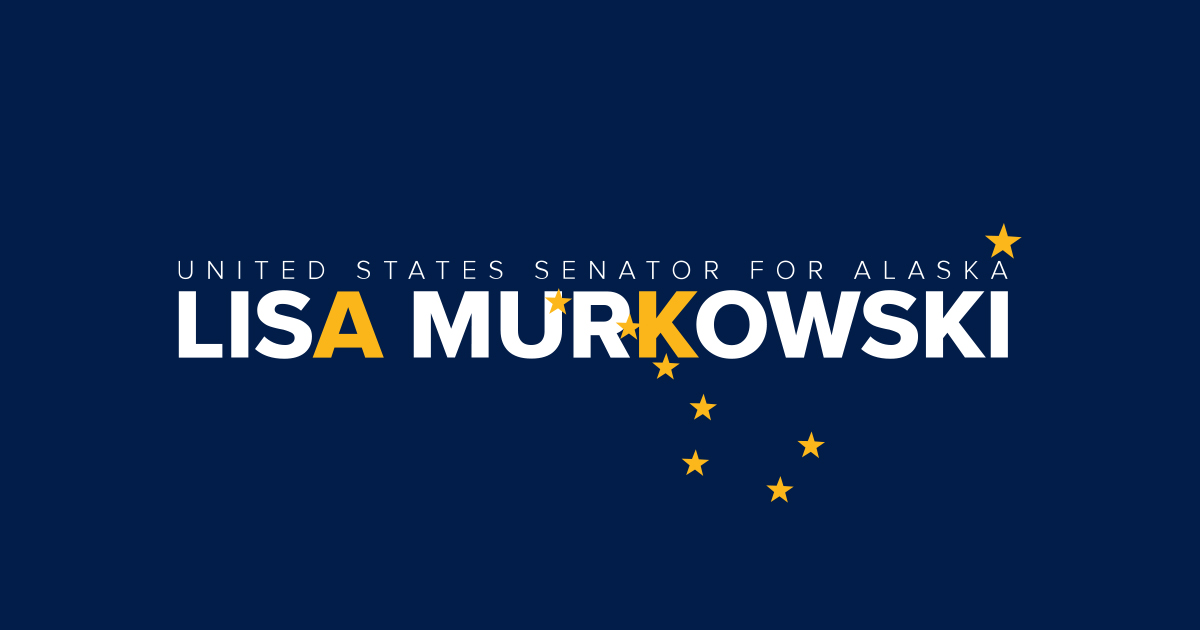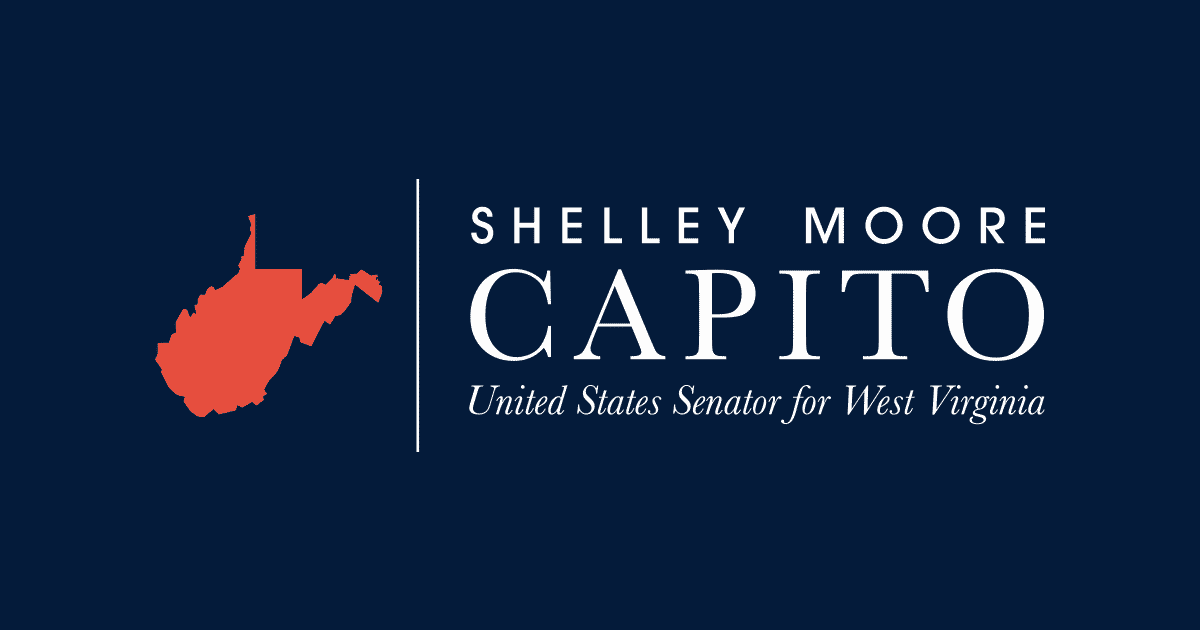Source: United States Senator for North Dakota John Hoeven
Senator Outlines ND Farm Bill Priorities to USDA Secretary
WASHINGTON – At a hearing of the Senate Agriculture Committee this week, Senator John Hoeven urged U.S. Department of Agriculture (USDA) Secretary Tom Vilsack to support efforts to maintain and strengthen the safety net for U.S. farmers and ranchers. The senator stressed the importance of good farm policy in maintaining Americans’ access to an affordable, high-quality and reliable food supply. In particular, Hoeven called on Vilsack to work with him on the following priorities:
- Maintaining crop insurance, the primary risk management tool for many producers.
- Improving the farm safety net, including the Agriculture Risk Coverage (ARC) and Price Loss Coverage (PLC) programs.
- Adequately staffing Farm Service Agency (FSA) offices so that producers can access farm safety net programs, loans and other assistance in a timely manner.
- Ensuring support for U.S. sugar policy.
- Helping ensure producer access to fair and competitive cattle markets.
- Making sure programs are voluntary and farmer-friendly, instead of one-size-fits-all, to reduce the regulatory burden on producers.
“There are real challenges that we are working to address as we write the next farm bill,” said Hoeven. “Our oversight hearing this week was about advancing North Dakota’s priorities with Secretary Vilsack and pushing back on Biden administration policies that would undermine the success of our farmers and ranchers. It is essential that we strengthen the farm safety net, including crop insurance, ARC and PLC, and not impose burdensome mandates that increase costs on our producers, which would ultimately lead to higher prices for consumers.”
Hoeven has been working to ensure North Dakota producers have the opportunity to give direct input as the next farm bill is written. To this end, the senator hosted Senator John Boozman, Ranking Member of the Senate Agriculture Committee, in North Dakota last year for a discussion with local producers and commodity groups. Hoeven continues to meet with North Dakota farmers and ranchers to gather feedback and help ensure their concerns and priorities are addressed.
-###-




